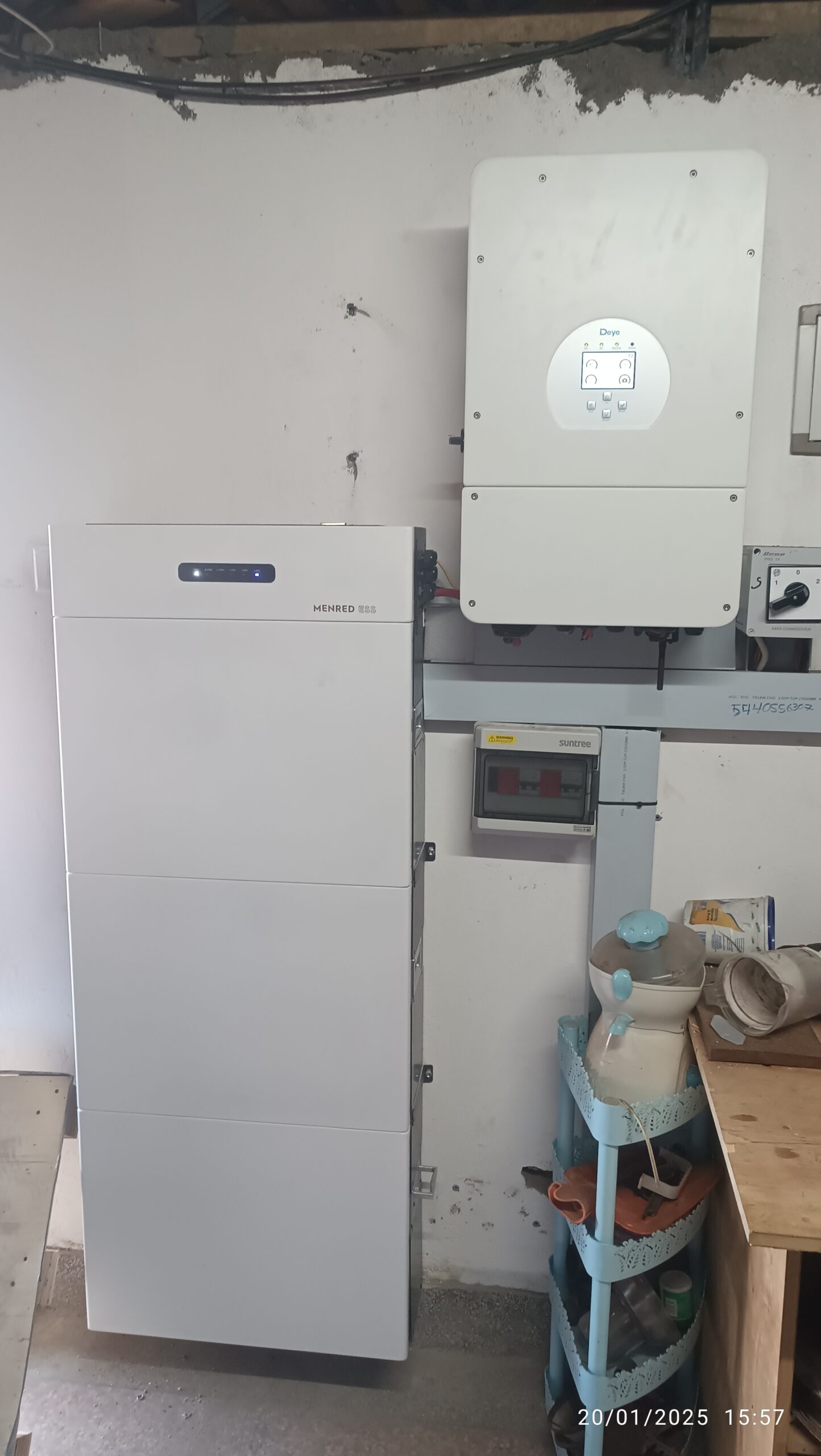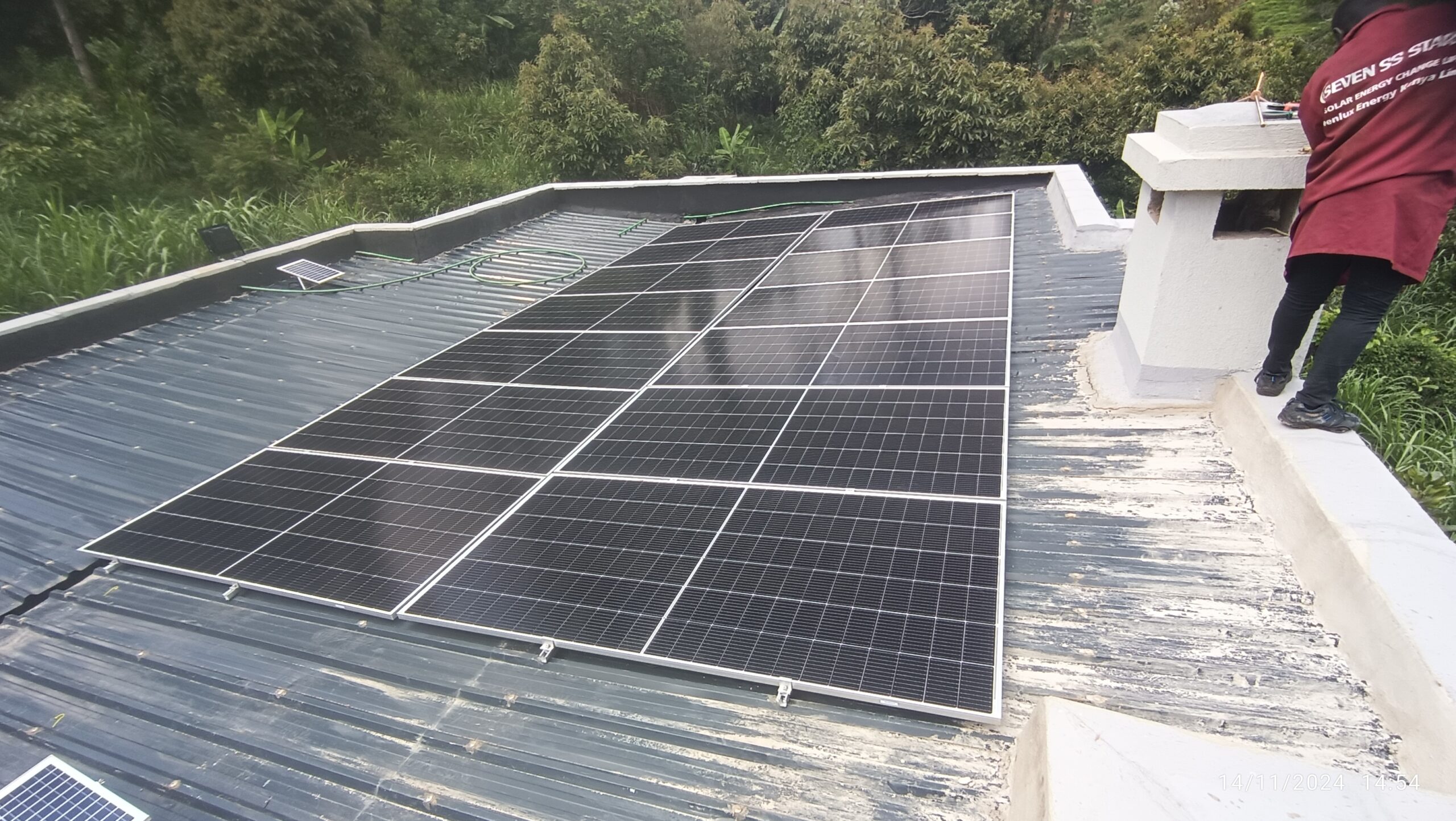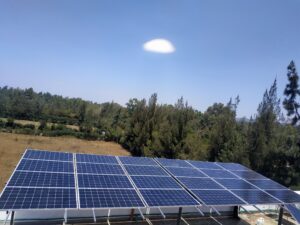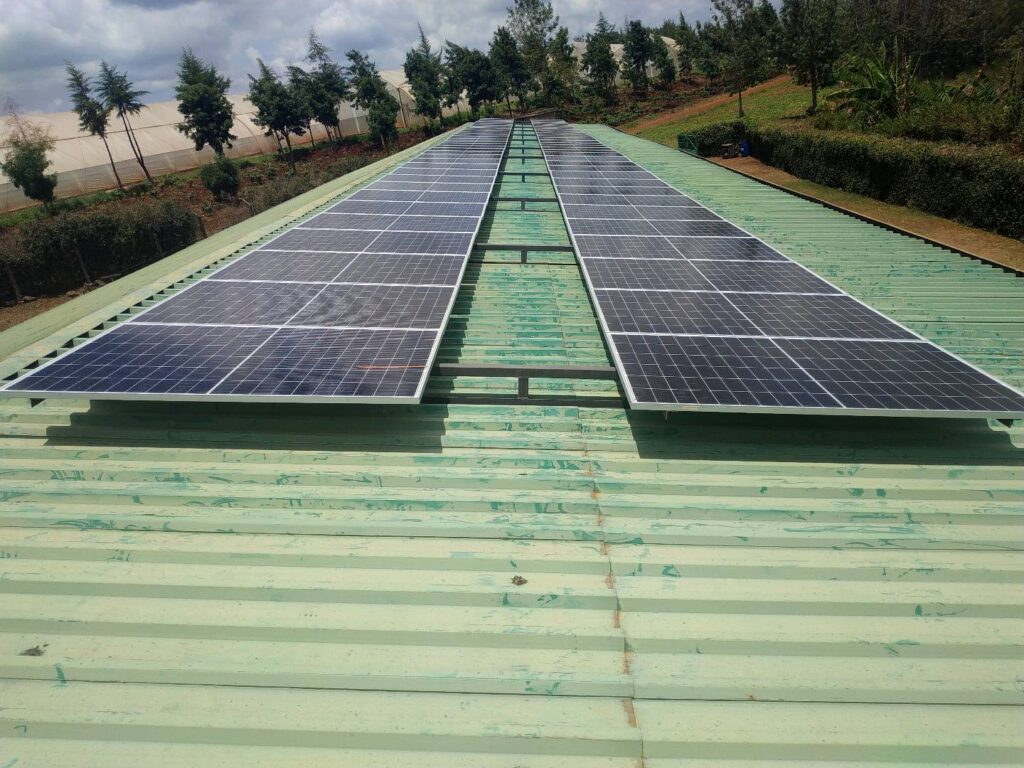How Solar Backup Systems Work for Hospitals
In Kenya, where healthcare facilities often serve as lifelines for communities, a reliable power supply is non-negotiable. Yet, frequent grid outages, especially in rural areas, pose a significant challenge for hospitals relying on Kenya Power. From keeping ventilators running to preserving vaccines in cold storage, uninterrupted electricity can mean the difference between life and death. Solar backup systems offer a dependable, sustainable solution to this problem, ensuring hospitals stay operational no matter the circumstances. Here’s why solar is the best backup solution for Kenyan hospitals, with insights from Geolabs Solar, a trusted partner in powering critical healthcare services.
The Power Crisis in Kenyan Healthcare
Kenya Power’s grid, while expanding, still faces reliability issues, particularly in rural counties like Kitui, Siaya, and Turkana. According to a 2023 report by the Kenya National Bureau of Statistics, rural areas experience an average of 3-5 power outages per month, lasting several hours each. For hospitals, these disruptions can be catastrophic:
- Life-Saving Equipment: Ventilators, dialysis machines, and surgical lights require constant power. An outage during a procedure can have fatal consequences.
- Vaccine Storage: Vaccines, such as those for polio or measles, must be kept at specific temperatures. A power cut risks spoilage, disrupting immunization programs.
- Emergency Services: During outages, hospitals struggle to provide basic care, like lighting for deliveries or emergency surgeries, endangering patients.
Traditional backup solutions like diesel generators are costly—fuel prices in Kenya can exceed KSh 150 per liter—and require constant maintenance. They’re also noisy, polluting, and prone to breakdowns. Solar backup systems, on the other hand, offer a cleaner, more reliable alternative that hospitals can count on.
How Solar Backup Systems Work for Hospitals
A solar backup system combines solar panels, a battery bank, an inverter, and a charge controller to provide seamless power during grid outages. Here’s how it functions:
- Solar Panels: Generate electricity from sunlight during the day, charging the battery bank and powering the hospital simultaneously.
- Battery Storage: Stores excess energy for use at night or during outages, ensuring a continuous power supply.
- Inverter and Charge Controller: Converts solar energy into usable AC power and protects the battery from overcharging, extending its lifespan.
- Automatic Switchover: When the grid fails, the system automatically switches to solar power, keeping critical equipment running without interruption.
Unlike generators, solar systems operate silently, produce no emissions, and require minimal maintenance, making them ideal for the sensitive environment of a hospital.
Geolabs Solar
By ensuring uninterrupted power, reducing costs, and supporting a healthier environment, solar solutions empower healthcare providers to focus on what matters most: saving lives.
Key Considerations When Choosing a Solar Backup System
For hospitals considering a solar backup system, careful planning is essential to ensure it meets their unique needs. Here are some factors to keep in mind:
- Energy Demand Assessment: Calculate your hospital’s critical load—the power needed to run essential equipment during an outage. For example, a small hospital might need 3-5 kW to power ventilators, fridges, and lights. Include a buffer for peak usage, such as during emergencies.
- Battery Capacity: Ensure your battery bank can store enough energy to cover extended outages. In Kenya, where outages can last 4-8 hours, a battery capacity of 8-12 kWh is often sufficient for a small hospital. Lithium-ion batteries are pricier but offer longer lifespans (8-10 years) compared to lead-acid (3-5 years).
- System Reliability: Choose high-quality components that can withstand Kenya’s climate—dusty dry seasons and heavy rains. The system should also have a fast switchover time (less than 10 milliseconds) to prevent equipment disruptions.
- Initial Costs and Financing: A solar backup system for a small hospital might cost between KSh 500,000 and KSh 1,500,000, depending on size and storage. While the upfront cost is significant, the long-term savings on fuel and maintenance make it a worthwhile investment. Providers like Geolabs Solar often offer financing options to ease the burden.
- After-Sales Support: Hospitals can’t afford downtime, so choose a provider with strong after-sales service. Geolabs Solar, for instance, offers regular check-ins and prompt support to ensure your system remains operational.


Why Choose Geolabs Solar for Your Hospital’s Backup System?
At Geolabs Solar, we specialize in designing solar backup systems tailored to the unique needs of Kenyan hospitals. Our process starts with a free consultation, where we assess your energy requirements and propose a custom solution. We then design a system that ensures your critical equipment stays powered, install it at a time that minimizes disruption, and provide ongoing support to keep it running smoothly.
A Brighter Future for Kenyan Healthcare
Solar backup systems are more than just a contingency plan—they’re a step toward a more resilient, sustainable future for Kenyan hospitals. By ensuring uninterrupted power, reducing costs, and supporting a healthier environment, solar solutions empower healthcare providers to focus on what matters most: saving lives. Ready to safeguard your hospital’s operations? Contact Geolabs Solar today for a free consultation, and let’s power your facility with the reliability it deserves.






